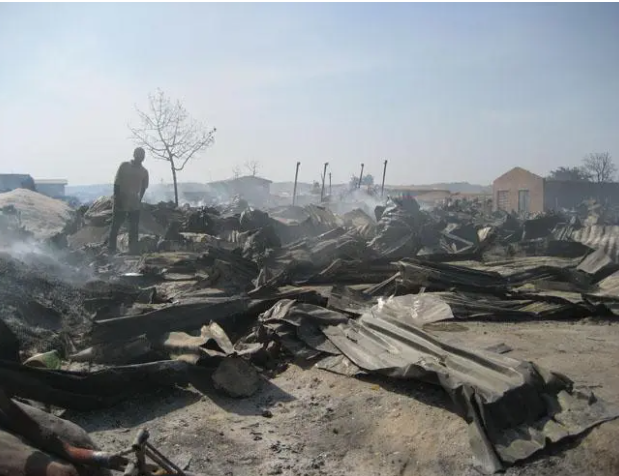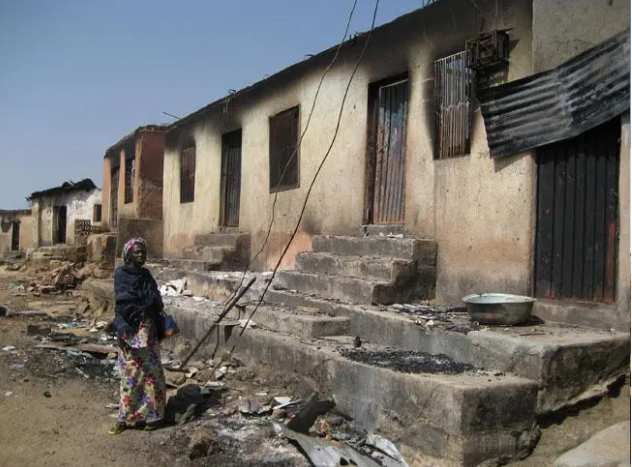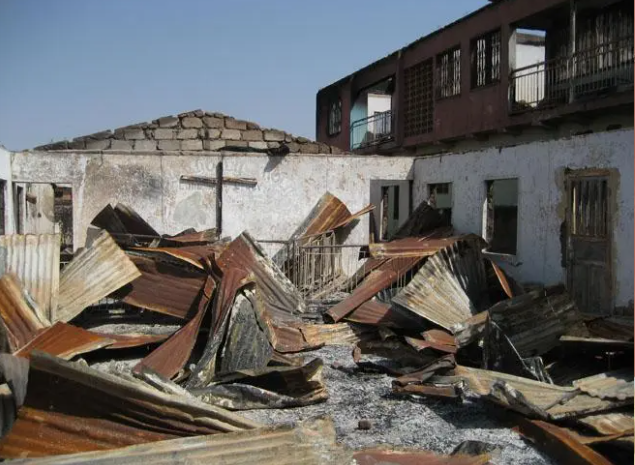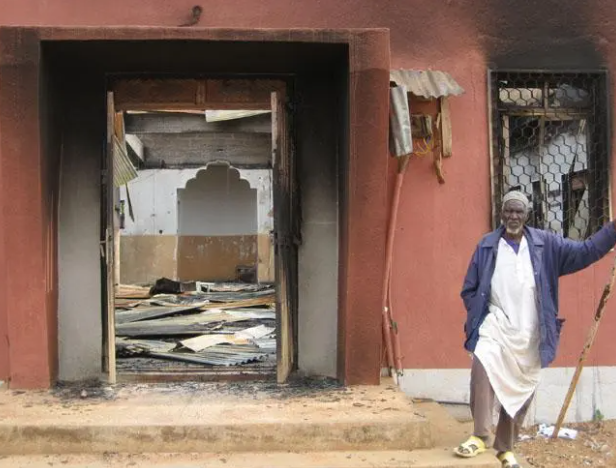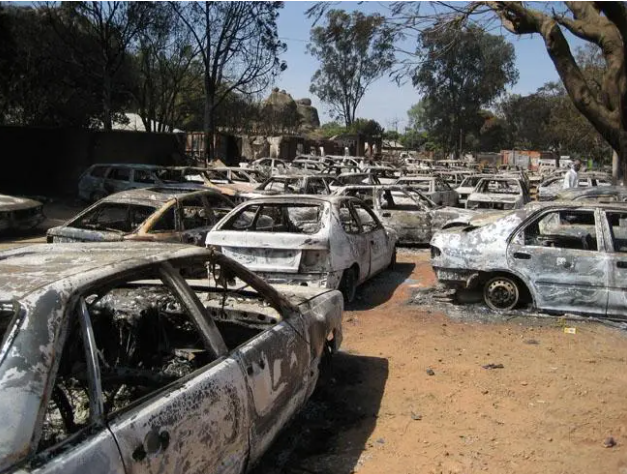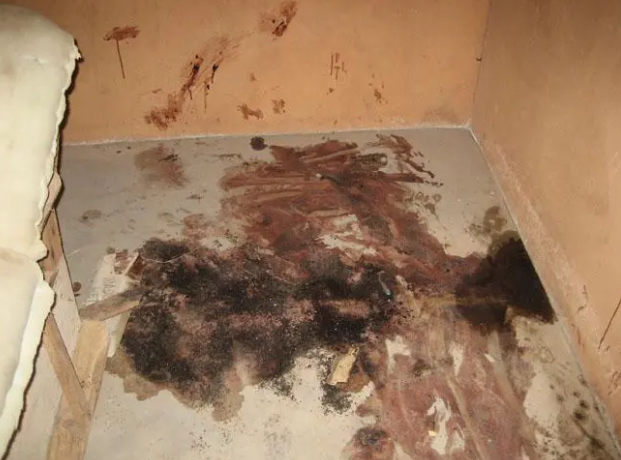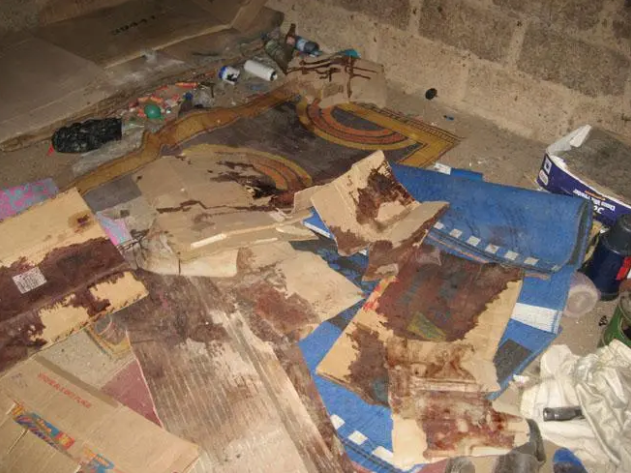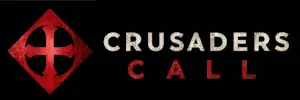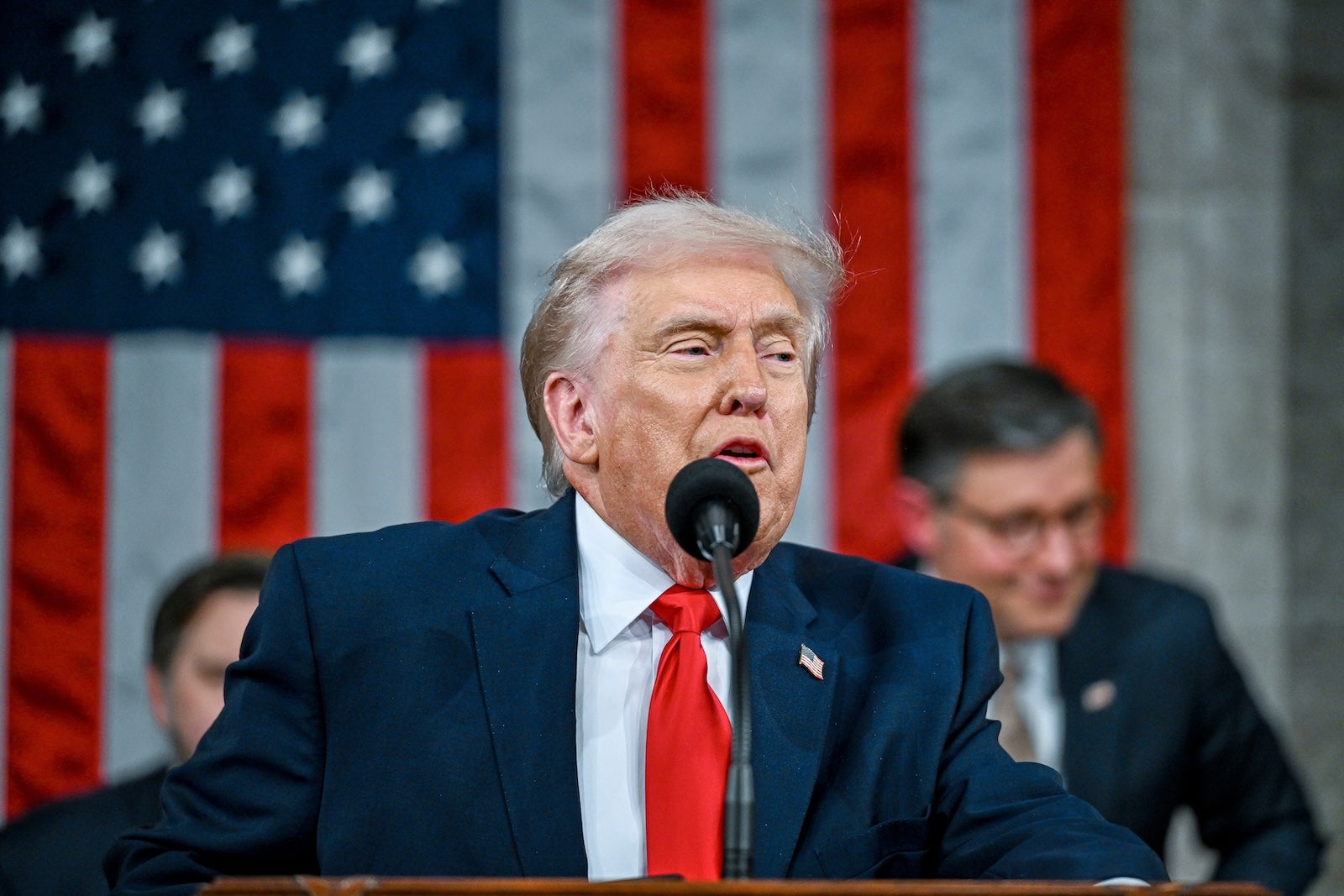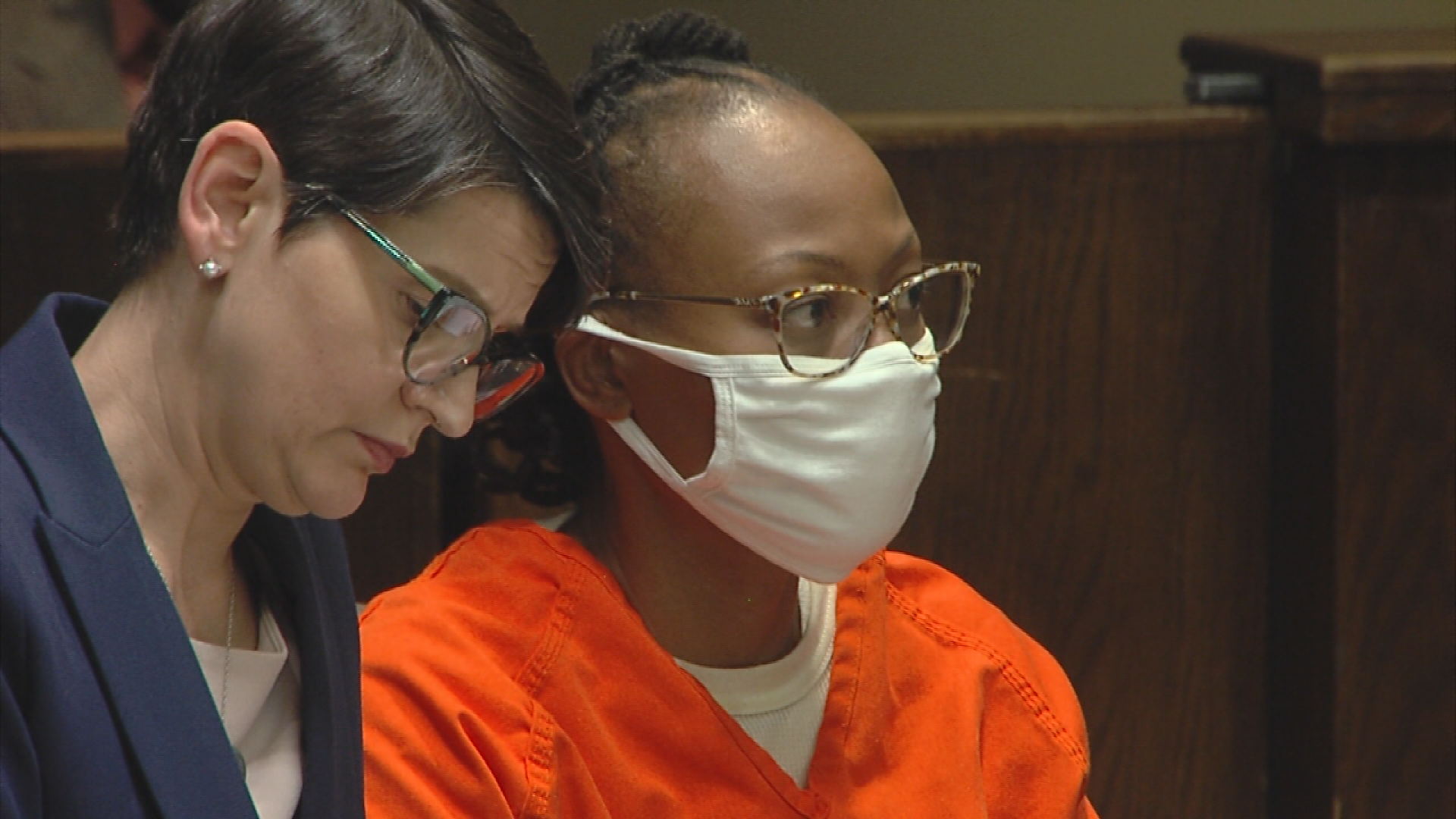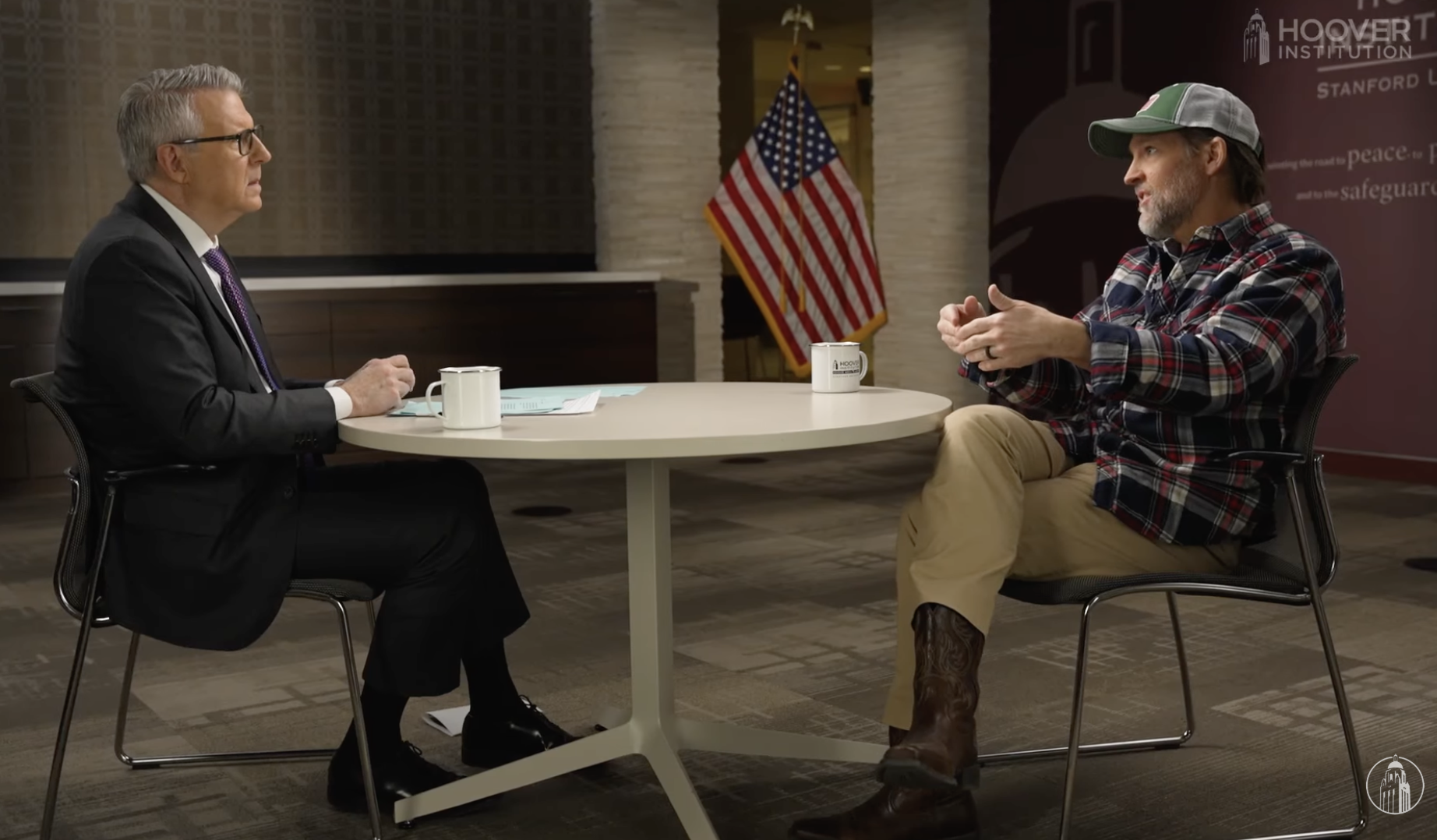"They Slit Her Tummy Open, Tore Out Her Unborn Baby And Screamed Allahu Akbar" - My Eyewitness Account Of Nigeria’s Silent Genocide Against Christians
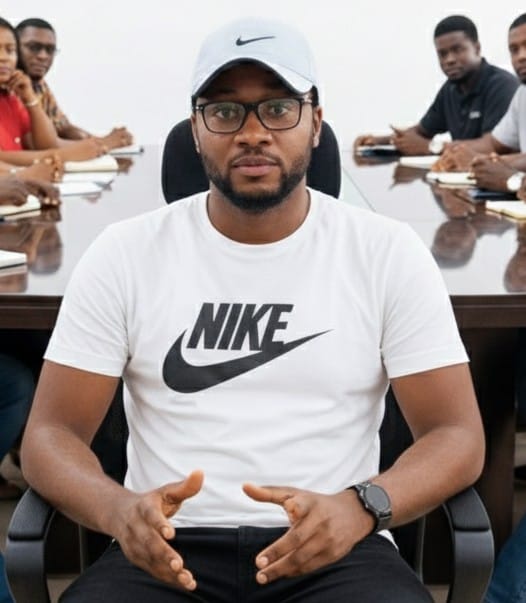
I was there the night Jos burned, and I will keep telling this story until the world listens. I remember the smell before the screams; the sharp tang of burning wood, the metallic scent of blood, the confusion that swept through a city suddenly turned against itself. That night, November 3, 2008, what began as whispers of political tension in Jos spiraled into full-blown religious carnage. It was the resurrection of a sleeping jihad, a long-buried hatred against the Christian population of Plateau State. Armed Jihadist gangs, drawn from Katako Market, Angwan-Rogo, and the Hausa-Fulani quarters, poured into the streets, torching churches, dragging out pastors, cutting down students. The sky over Jos turned orange with burning rooftops. As a student of the University of Jos then, I saw it all. My closest friend Alex and I fled through the alleys, chased by chants of “Allahu Akbar!” echoing through the air. We darted into the Zaria Road Cemetery, as we were told it's a taboo in Islam to chase a person down into the cemetery, and murder them. But death was everywhere that night.
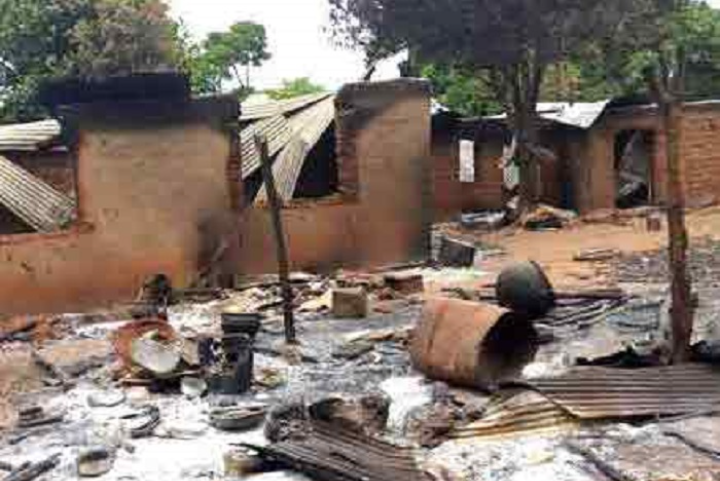
They caught my pregnant schoolmate, dragged her from her hiding place, butchered her by Katako Market junction, slit her tummy open, tore out her unborn child, and left both lifeless on the cold earth, while repeating the chant: Allahu Akbar! That single night opened a decade of blood and silence for central Nigeria—a dark era of systematic extermination that the world still refuses to name for what it is: a slow genocide against Christian communities of the Middle Belt Nigeria.
THE BIRTH OF A CYCLE OF BLOOD In the aftermath, Human Rights Watch testified before the Plateau State Judicial Commission of Inquiry (July 20, 2009), recounting how some Muslim soldiers and police officers joined in the slaughter, shooting unarmed Christians in their homes, lining up men in the streets, and executing them in cold blood. By dawn, over 700 Christians lay dead. No single perpetrator has ever been convicted. Barely six months later, the cycle repeated itself. On March 7, 2010, the world awoke to the Dogo Nahawa Massacre, a night when 501 Christians, including 178 children, were hacked to death while they slept. Entire families vanished. Mothers were burned alive inside locked huts. Infants were beheaded. Still, no one was punished. FROM JOS TO KADUNA: NIGERIA'S ISLAMIC JIHADISTS ARE EXPANDING THE COUNTRIES GEOGRAPHY OF GRIEF What began in Jos soon metastasized across central Nigeria. Between 2010 and 2025, the pattern of horror spread: Barkin Ladi, Riyom, Bassa, Kanam, and Mangu in Plateau State; Kauru, Kajuru, and Zangon Kataf in Kaduna State, each telling the same story of unchecked terror, impunity, and silence. This week, the nightmare replayed itself in Kaduna. On October 28, 2025, heavily armed Fulani jihadist militias stormed the Farin Dutse community in Kauru Local Government Area. They shot dead Reverend Yahaya Kambasiya, a pastor of the United Church of Christ in Nigeria (UCCN), known as HEKAN, and abducted more than 20 villagers. According to HEKAN President, Reverend Dr. Amos Kiri, the bandits invaded at dawn, firing sporadically. Reverend Kambasiya, believing the gunfire had ceased, stepped out of hiding and was shot in the back — the bullet tearing through his chest. In his statement, Dr. Kiri condemned the killing as “callous, inhumane, and wicked,” lamenting that this was not the first attack on the church. On December 4, 2024, about 50 persons, including Reverend Francis Lawal, were abducted; he later died in captivity. On October 19, 2025, four HEKAN members were kidnapped and remain missing. “The continuous attacks on our members have become unbearable. Families are traumatized, and the government must act decisively,” — Rev. Dr. Amos Kiri, HEKAN President. CHRONICLE OF PLATEAU'S LONG SUFFERING (2008–2025) Over seventeen years, Plateau State has endured one of the most vicious and sustained campaigns of mass murder of Christians in Africa’s contemporary history: 2008–2009: Ethno-religious riots erupt in Jos, leaving over 700 Christians dead. March 7, 2010 – Dogo Nahawa: 501 Christians slaughtered overnight. May 20, 2014 – Jos Twin Bombings: 118 killed, over 200 injured at a marketplace and bus station. 2018–2021: Recurrent massacres in Barkin Ladi, Bassa, and Riyom, displacing thousands. April 10, 2022: 130 people killed in coordinated attacks across Kanam and Wase. December 23–25, 2023 – Christmas Eve Massacres: Over 200 villagers murdered in Bokkos and Barkin Ladi. 2024–2025: Renewed killings and displacements across Mangu and Bassa. Each atrocity followed the same grim script: Rural Christian villages targeted at night. Homes torched. Security forces arriving hours too late. Government officials issuing hollow condolences. Investigations promised, then forgotten. Nigeria’s constitution guarantees the right to life, but in reality, that promise has become theoretical.
Each wave of killings meets the same fate: silence from the presidency, inertia from the military, and impunity for the murderers. This silence is not ignorance, it is complicity. Every unpunished massacre becomes a license for another.
By branding these atrocities as mere “herder-farmer clashes”, authorities erase the religious and ideological motives behind them. But the evidence is undeniable: these are premeditated jihadist campaigns aimed at cleansing Christian communities from the Middle Belt. The Global Blind Spot Despite years of reports, photographs, and eyewitness accounts, the international community remains largely indifferent. The United Nations, African Union, European Union, and Nigeria’s foreign partners issue periodic condolences, but no sustained action. Silence after such carnage is not neutrality; it is acquiescence. What is urgently needed now is a concerted global response: Independent international investigations into the killings. Targeted sanctions on known militia financiers and complicit officials. Humanitarian and trauma-healing interventions for displaced Christian families. Security sector reforms to dismantle the networks of impunity. The cost of global indifference is not measured only in lives lost, it is in the slow disintegration of Nigeria’s moral, spiritual, and constitutional order. Memory as Resistance The world may forget, but we who survived cannot.
We remember Dogo Nahawa, Barkin Ladi, Bassa, Kanam, Mangu, and now Farin Dutse.
We remember the pastors who would not abandon their flock, the mothers who shielded their children with their own bodies, and the fathers who refused to flee their ancestral homes. I still remember that cemetery on Zaria Road — the night I hid among the graves, praying not to become one of them. Fifteen years later, the ghosts of that night still walk with me. They remind me that silence is a form of surrender. Until justice is done and truth is spoken, the unburied souls of Jos, Plateau, and Kaduna will keep haunting the conscience of this nation, and of every nation that looked away. Giovanni Ifediora Williams, Eyewitness and Peace Advocate, Nigeria — October 31, 2025
